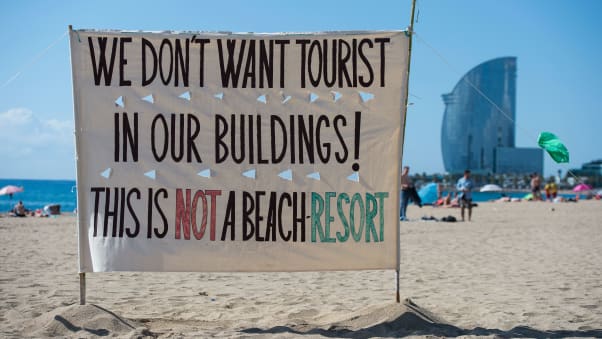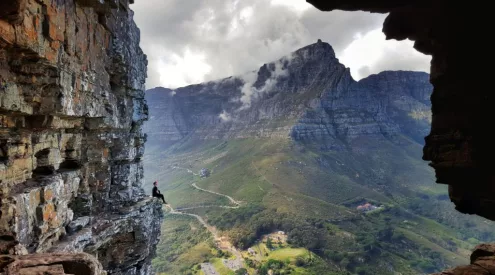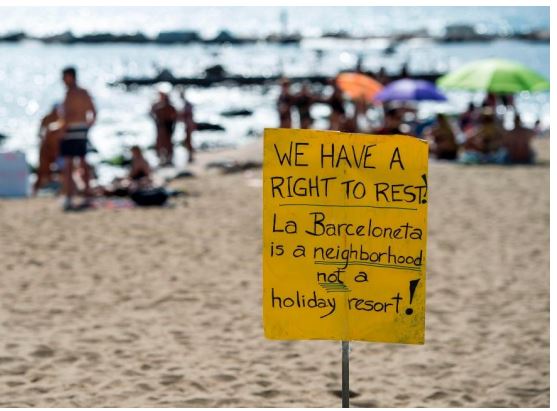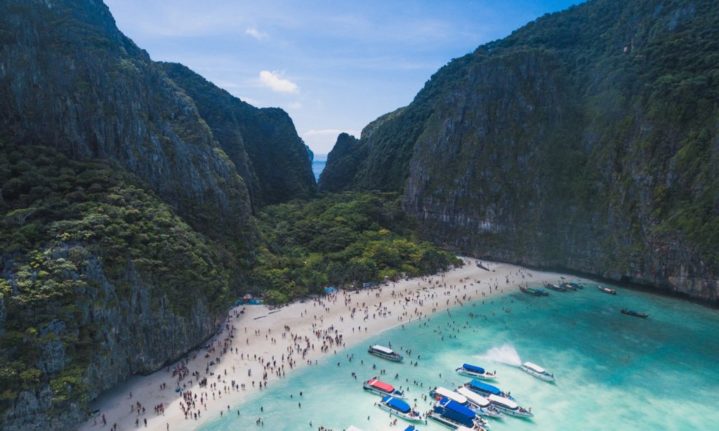Local economies benefit from tourism, however certain small towns, iconic landmarks and beaches have become overrun and municipal authorities in some of these tourist hot spots are attempting to mitigate the negative effects of overtourism.
A combination of globalisation, cheaper flights, accommodation and rapid urbanisation are contributing factors. The United Nations World Tourism Organization (UNWTO) estimates that there were only 25 million tourist arrivals internationally in 1950, in 2016 this number had grown to 1.2 billion. It is no wonder that once quaint locations are now bulging at the seams, particularly during peak seasons.
Popular tourist attractions are now facing serious environmental degradation and full-time residents find that quality of life becomes diminished.
Day trippers from large cruise ships cause heightened congestion on a daily basis and some popular tourist destinations like Venice port has restricted the number of cruise ships allowed to dock.
In many places, locals have started to make their voices heard through protests and authorities have responded by increasing regulations and fees. Residents of the red-light district of Amsterdam or those of Venice are constantly surrounded by enormous groups of tourists and Barcelona’s beaches get filled with litter as a result of overcrowding.

Barcelona beach front Image credit: Josep Lago
In response to overtourism at Machu Picchu, local authorities have implemented a ticketing system that requires tourists to book the date and strictly allocated time slot of their visit. The new system hopes to regulate the flow of travelers and preserve the national treasure.

Image credit: Babak Fakhamzadeh
Cada dia, passa una mitjana de 1097 vols per l’aeroport de Palma. No vivim del turisme, el turisme ens mata!
Turisme de masses = precarietat laboral.
Lloguer turístic = habitatge insostenible. pic.twitter.com/8bgSX7UOlD— Endavant OSAN (@Endavant_OSAN) July 15, 2018
Residents of Majorca, one of Spain’s Baeleric islands, took to the streets to protest overtourism in July 2018. At the island’s international airport, placards with “tourism kills the city” and “a flight every minute is unsustainable” were displayed. Marjorca has introduced a ‘tourist tax’ to deal with the 10,000 people who arrive at Palma airport each day in peak season.

Image Credit: Humphrey Muleba
Maya beach in Thailand has closed indefinitely due to excessive tourist damage. Large amounts of coral was destroyed due to sunscreen and plastic litter in the ocean. Heavy amount of motor boat pollution also contributed to degradation. the good news is that after four months the area had begun to show significant signs of recovery.
How to be a responsible tourist:
Do some research and avoid tourist traps. Find sustainable tourist destinations and operators. Visit the African Responsible Tourism Awards’ website.
If it’s your heart’s desire to visit a popular venue, do so in the off season.
Explore! Many lesser known towns and rural areas need and want more tourists. In South Africa as with many other countries, there are gems hidden just outside city centres waiting to be discovered and enjoyed without the worries of overcrowding.


















